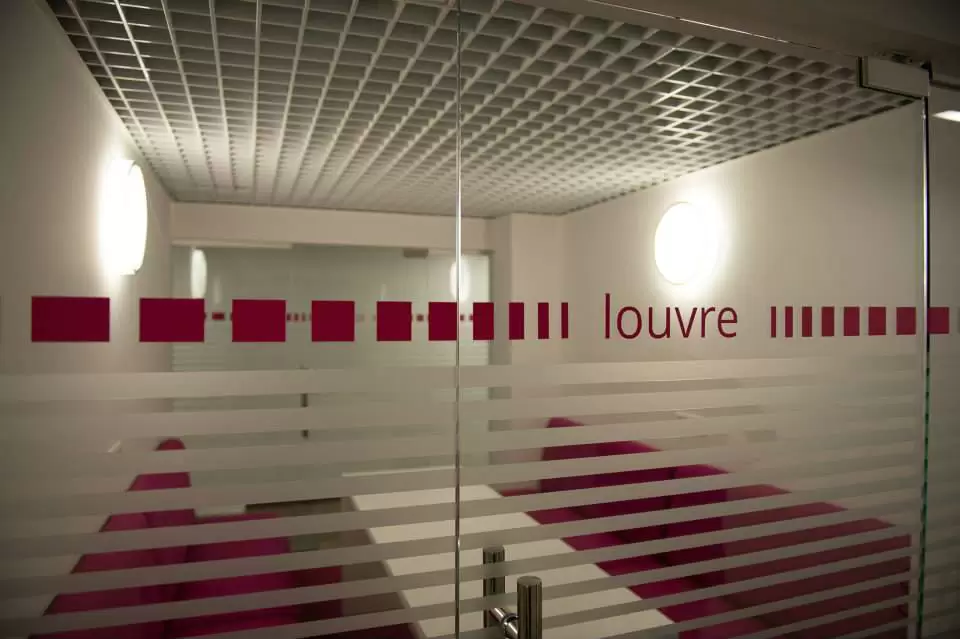Software Outsourcing Versus Own Product Development
13 December 202103 December 2015 | Software
While the software outsourcing field gets richer in achievements with each passing day, own product development is almost virgin ground in Cluj-Napoca, where about 80% of the IT companies do only outsourcing. These two types of activities differ greatly from the core up, the main differentiating factor being their business model. While each of the two models work based on inputs, outputs and work processes, taking a close look at each of these components reveals major differences.

In an outsourcing business growth is proportional with the headcount, inputs are largely technical know-how (programming, testing and project management) and outputs are usually defined as customized software based on client specifications. The IT outsourcing providers can be involved at times in specification definition and identifying the real needs of the clients and of the technical solutions. The client (company manufacturing the product) has little to no control over the software development process and gets total ownership of the Intellectual Property (IP) resulting from the outsourcing partnership. The work process revolves around the client’s renting work force (time) from the provider. Most of the time providers deal with big providers of IT services that work directly for the end customer. The main benefit of this business model is that it guarantees a constant cash flow. The growth potential for this model is tightly linked to the limited resources of specialists.
On the other hand, developing own product requires extensive business and marketing know-how on top of the technical one, as well as multi-disciplinary teams. Access to the right specialists and cash flow represent major challenges for this model. The end result in this model is an own product which generates recurrent income. The process is meant to take the product through its entire lifecycle, from idea to research, validation, development and positioning in the market. The main benefit of developing own products is that all the IP produced by all the resources involved belongs to the manufacturing company, which can sell millions of licenses. The headcount from outsourcing is replaced here by the product’s value as the main growth factor.
All in all, the challenges faced by IT services providers in Cluj-Napoca are high, but with the right attitude and support from the local authorities they will be overcome. Demand for IT services from Romanian companies has been giving signs of life lately and is expected to follow the trend from developed countries as Romania’s economic situation improves, while IT products made in Romania become the norm rather than the exception in the local market and start tapping into the international market.
*This is a selection from an article published in the current issue of The Journal of Science Policy and Scientometrics.


